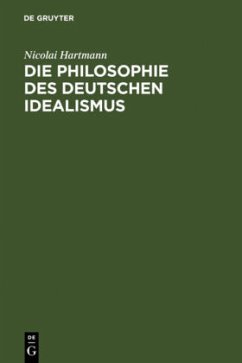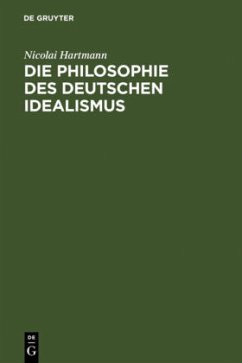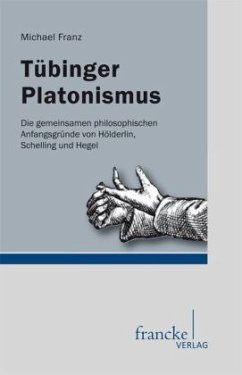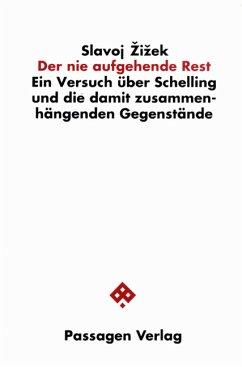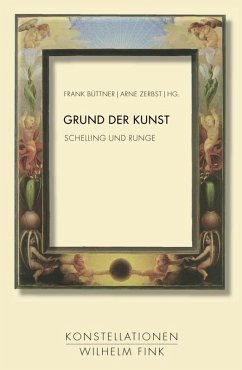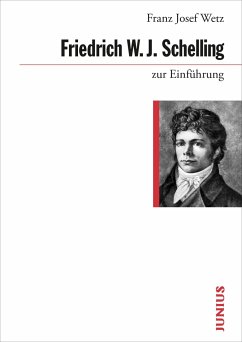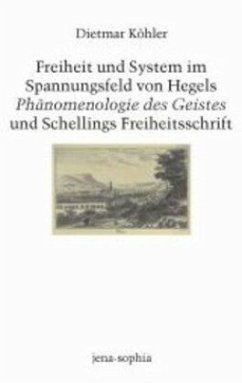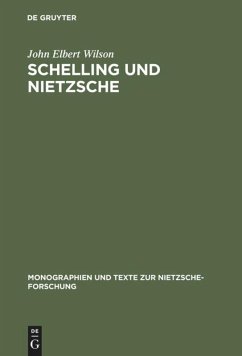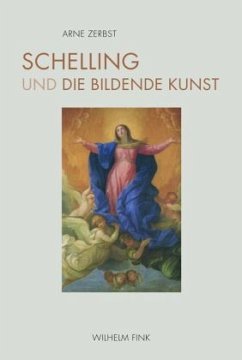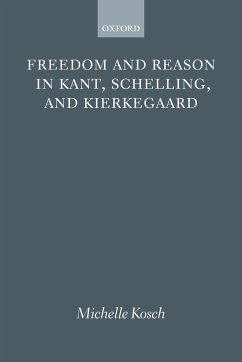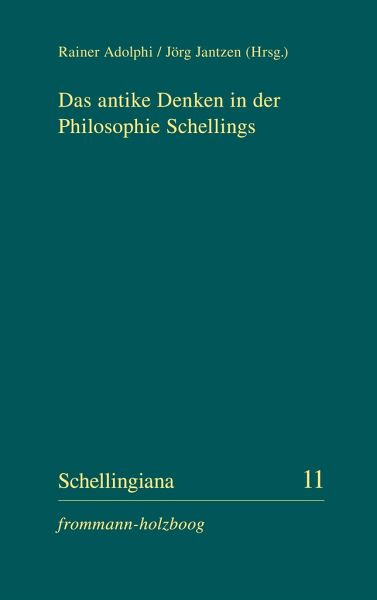
Das antike Denken in der Philosophie Schellings
Versandkostenfrei!
Versandfertig in 1-2 Wochen
98,00 €
inkl. MwSt.

PAYBACK Punkte
0 °P sammeln!
Der nachkantische Idealismus formuliert sich - bei Schelling und Hegel zumal - wesentlich auch als Auseinandersetzung mit der Geschichte der Philosophie. Auch darin verdankt er sich Kant. Die kritische Wende eröffnete einen grundlegend neuen Zugang zur Tradition und ihrer antiken Begründung: Zu Platon und dem Neuplatonismus vor allem, zur platonistischen Tradition bei den Kirchenvätern, Augustinus insbesondere, und zur Renaissance. Die Aneignung der aristotelischen Ontologie und Metaphysik kommt später bedeutsam hinzu. Mit Beiträgen von J. Jantzen, X. Tilliette (in italienischer Sprache),...
Der nachkantische Idealismus formuliert sich - bei Schelling und Hegel zumal - wesentlich auch als Auseinandersetzung mit der Geschichte der Philosophie. Auch darin verdankt er sich Kant. Die kritische Wende eröffnete einen grundlegend neuen Zugang zur Tradition und ihrer antiken Begründung: Zu Platon und dem Neuplatonismus vor allem, zur platonistischen Tradition bei den Kirchenvätern, Augustinus insbesondere, und zur Renaissance. Die Aneignung der aristotelischen Ontologie und Metaphysik kommt später bedeutsam hinzu. Mit Beiträgen von J. Jantzen, X. Tilliette (in italienischer Sprache), R. Bubner, J. Matsuyama, D. Barbaric, M. Boenke, C. Bickmann, G. Riconda, F. Viganó, P. Masciarelli, G. F. Frigo, A. Denker, W. E. Ehrhardt, L. Procesi, R. Adolphi, K. Yamaguchi, F. Moiso, Ch. Danz, P. L. Oesterreich, T. Griffero, G. Cusinato, S. Otto, M. Baum, M. Franz, P. Ziche, M. von Perger, E. Kiss und I. Strohschneider-Kohrs.




